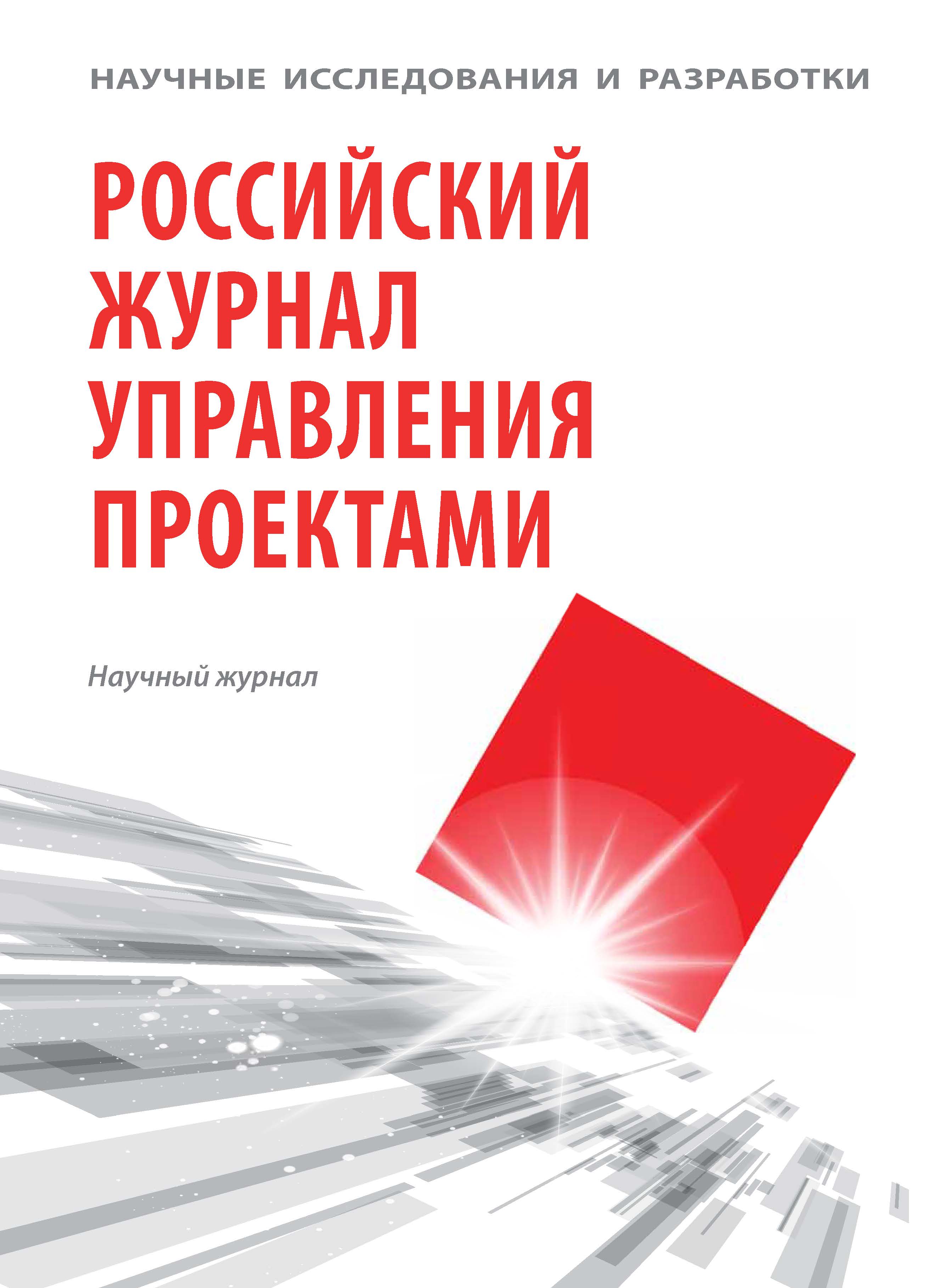In 2012, The Rio+20 United Nations Conference on Sustainable Development centered on the notion that sustainable development is dependent upon both public and private sectors being fully engaged by leveraging frameworks that support the advancement of sustainable development initiatives, taking into account the importance of corporate social responsibility (Rio, 2012). With the United Nations Millennium Development Goals set to expire in 2015, giving way to the Post-2015 Engagement Architecture, a framework that is expected to establish priorities and strategies for the next era. Project management is uniquely positioned to drive these efforts through both governance and use. This paper focuses on the key integration points for sustainability to project governance and methods using the GPM P5 Standard for People, Planet, Profit, Project Products and Processes. P5 provides for useful benchmarking across industry and fundamentally helps organizations demonstrate the reality of their commitment to sustainability by allowing stakeholders to better understand the organization’s contribution to sustainable development.
sustainable development, project management, sustainable project management, green project management, certification in green project management.
Introduction
Extreme Weather, Melting of the icecaps, and rising sea levels are topics that frequent the news, social media, and conversation. According to the US Environmental Protection Agency, scientists have pieced together thousand of years of the earth’s climate history and environmental problems prior to the industrial revolution in the 1700s can be explained by natural causes while warming since the mid 20th century cannot be. (US EPA, 2014) While there is no quick fix, there are lessons that we can learn from our past to ensure that our today and our children’s tomorrow is not compromised beyond repair.
Organizations are increasing the importance of sustainability as a survey conducted by Accenture with the support of the UN Global Compact of 1000 CEOs from 27 industries across 103 countries concluded with 93% regarding sustainability as the key to success. (Accenture, 2013) This same study uncovered that:
- 68% of CEOs do not believe the global economy is on track to meet the demands of a growing population;
- 67% report that business is not making sufficient efforts to address global sustainability challenges;
- 62% believe they cannot quantify the value of their sustainability initiatives;
- 37% see the lack of a link to business value as a barrier to accelerating progress.
1. Rio+20: Final Declaration - Crossroad. (2012). Retrieved on 06/21/2014 from http://www.crossroad.to/articles2/2012/cfact/rio-future.htm
2. United States Environmental Protection Agency (EPA). (n.d.). Causes of Climate Change. Retrieved on 6/24/2014 from http://www.epa.gov/climatechange/science/causes.html
3. United Nations Global Compact. (2013.) The UN Global Compact-Accenture CEO Study on Sustainability 2013 Retrieved on 04/17/2014 from http://www.unglobalcompact.org/resources/451
4. United Nations Global Compact. (2013.) Post-2015 Business Engagement Architecture. Retrieved on 02/15/2014 from http://www.unglobalcompact.org/docs/about_the_gc/Architecture.pdf
5. Governance & Accountability Institute, Inc. (GA) (2014) Sustainability - What Matters? 845 Third Avenue, Suite 644 New York, New York 10022
6. Global Reporting Initiative (GRI) (2014) Sustainability Reporting Benchmarks. Retrieved on 06/19/2014 from http://database.globalreporting.org
7. Global Reporting Initiative (GRI) (2013) G4 sustainability reporting guidelines. Retrieved on 04/17/2014 from https://www.globalreporting.org/Pages/default.aspx
8. Materiality in the Context of the GRI Reporting Framework. (n.d.). Retrieved on 06/22/2014 from https://www.globalreporting.org/reporting/G3andG3-1/guidelinesonline/TechnicalProtocol/Pages/MaterialityInTheContextOfTheGRIReportingFramework.aspx
9. GPM Global. (2014) The GPM Global P5 Standard for Sustainability in Project Management. Retrieved on 03/02/2014 from http://greenprojectmanagement.org/p5
10. International Standards Organization ISO 21500. (2012). Guidance on project management (ISO 21500:2012 E). Geneva, Switzerland
11. Project Management Institute (2013) PMI’s Pulse of the Profession™ The High Cost of Low Performance Retrieved on 06/20/2014 from http://www.pmi.org/Knowledge-Center/Pulse/~/media/PDF/Business-Solutions/PMI-Pulse%20Report-2013Mar4.ashx






